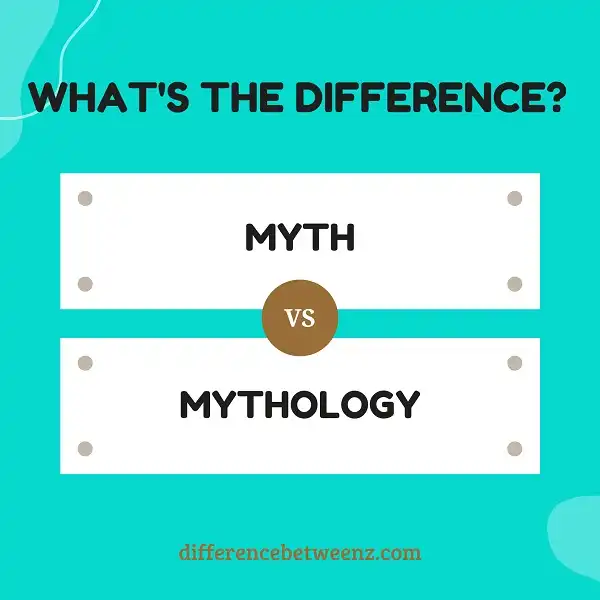All cultures have creation stories, or myths, which explain how the world was created and how people came to inhabit it. While these myths may share some common elements, they often differ in their details. The study of mythology is the analysis of these stories and the various meanings that they may hold. While there is no one correct interpretation of a myth, scholars can examine their symbolism and allegory to tease out what they might represent. In this way, mythology can be seen as a window into a culture’s values and beliefs.
What is Myth?
Myth is a type of story that often revolves around the exploits of gods or heroes. These stories can serve a variety of purposes, such as explaining natural phenomena or providing a code of conduct for human behavior. In many cases, myths also reflect the values and beliefs of a culture. For example, the ancient Greek myth of Zeus and Prometheusime describes how the fire was stolen from the gods and given to humans. This story not only explains how fire came to be, but also reflects the Greek value of creativity and resourcefulness. As such, myths can provide valuable insights into the cultures they come from.
What is Mythology?
Mythology refers to the collected myths of a group of people. Mythology can also be used to refer to the study of myths. Mythology has been used to explain natural phenomena, cultural traditions, and historical events. Myths often feature gods or goddesses who represent natural forces or human characteristics. For example, the Greek god Zeus represents the sky, while the goddess Aphrodite embodies love and beauty. Mythology can provide insight into a culture’s values and beliefs. It can also reveal how people in different parts of the world view their place in the universe.
Difference between Myth and Mythology
Myth and mythology are two related but distinct terms. A myth is a story that is typically based on cultural beliefs or traditions. Mythology, on the other hand, refers to the study of myths. Mythology can encompass a wide range of topics, including the origins of myth, the purposes served by myth, and the different ways that myth has been interpreted by different cultures.
While myth and mythology both have ancient roots, they continue to be relevant in the modern world. Mythology can be used to shed light on the human condition and to better understand the world around us. Myth can also serve as a form of entertainment or as a means of instilling moral values. As such, myth and mythology play an important role in our understanding of both the past and the present.
Conclusion
Mythology is the study of myths, while myth is a story that has symbolic meaning. Myths often contain archetypal characters and events that represent universal truths about human nature. While mythology may be based on actual historical events, it is not bound by the same limitations as history and can explore themes and ideas that are not possible in a factual account. In short, mythology is the interpretation of myths, while myth is the story itself.


